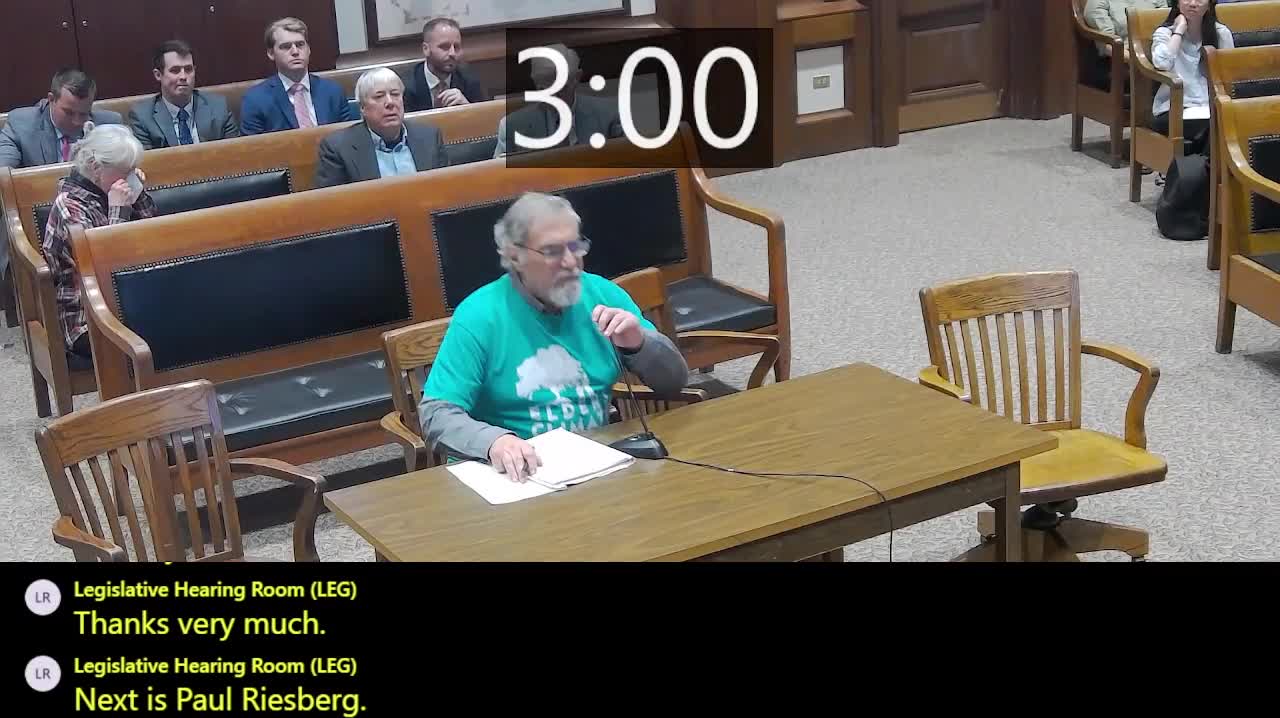Article not found
This article is no longer available. But don't worry—we've gathered other articles that discuss the same topic.
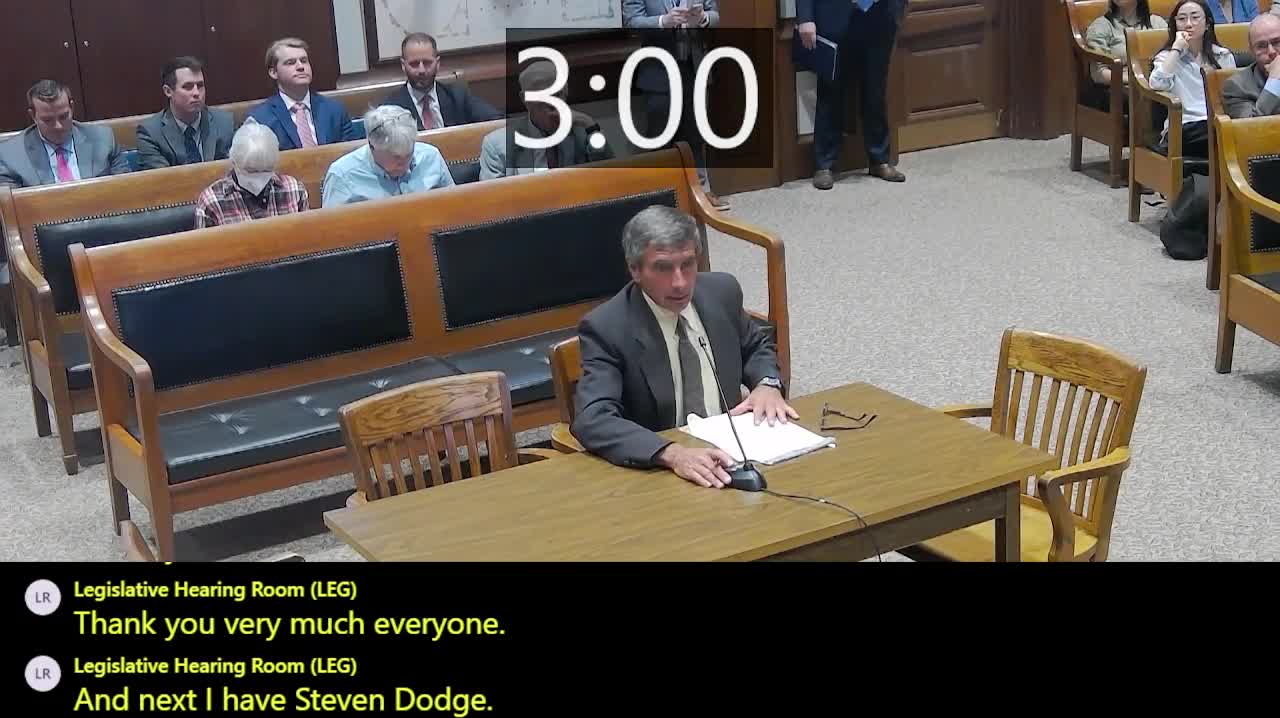
Clean fuel standard draws broad support from fuel and charging firms, and criticism over aviation and land‑use impacts
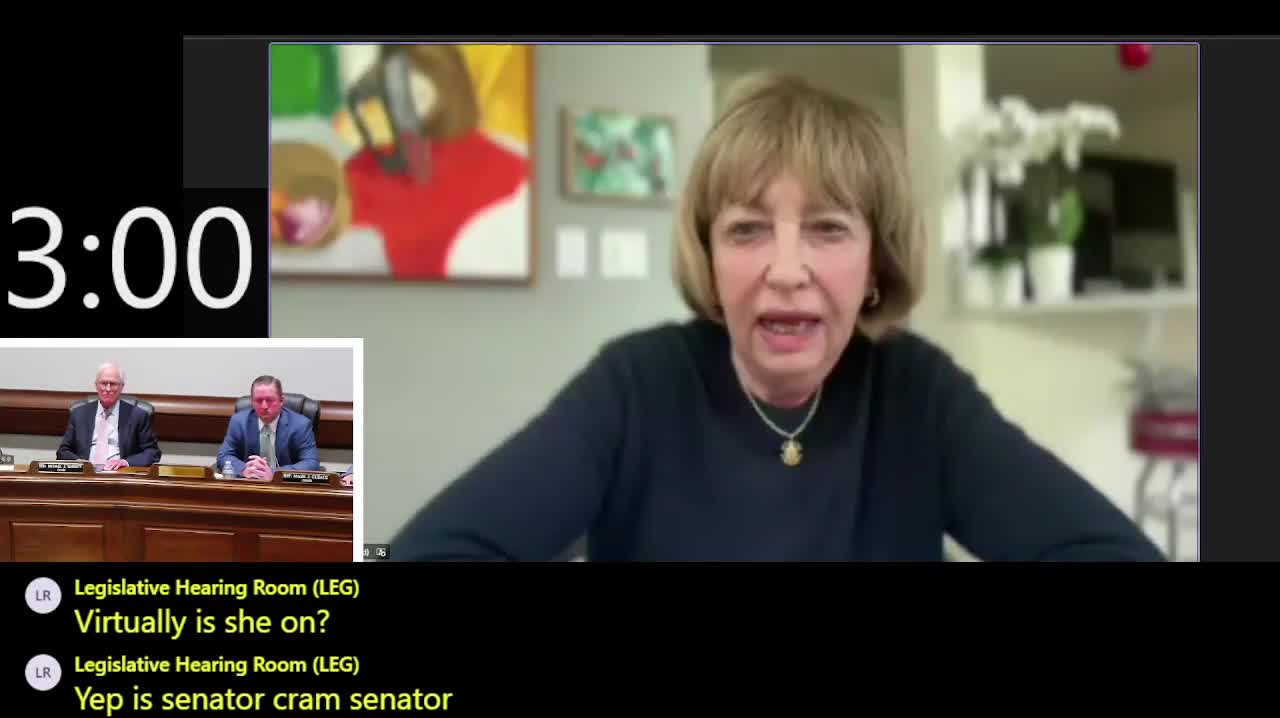
'Freedom to Move' bill asks MassDOT to align transportation spending with emission and vehicle‑miles targets
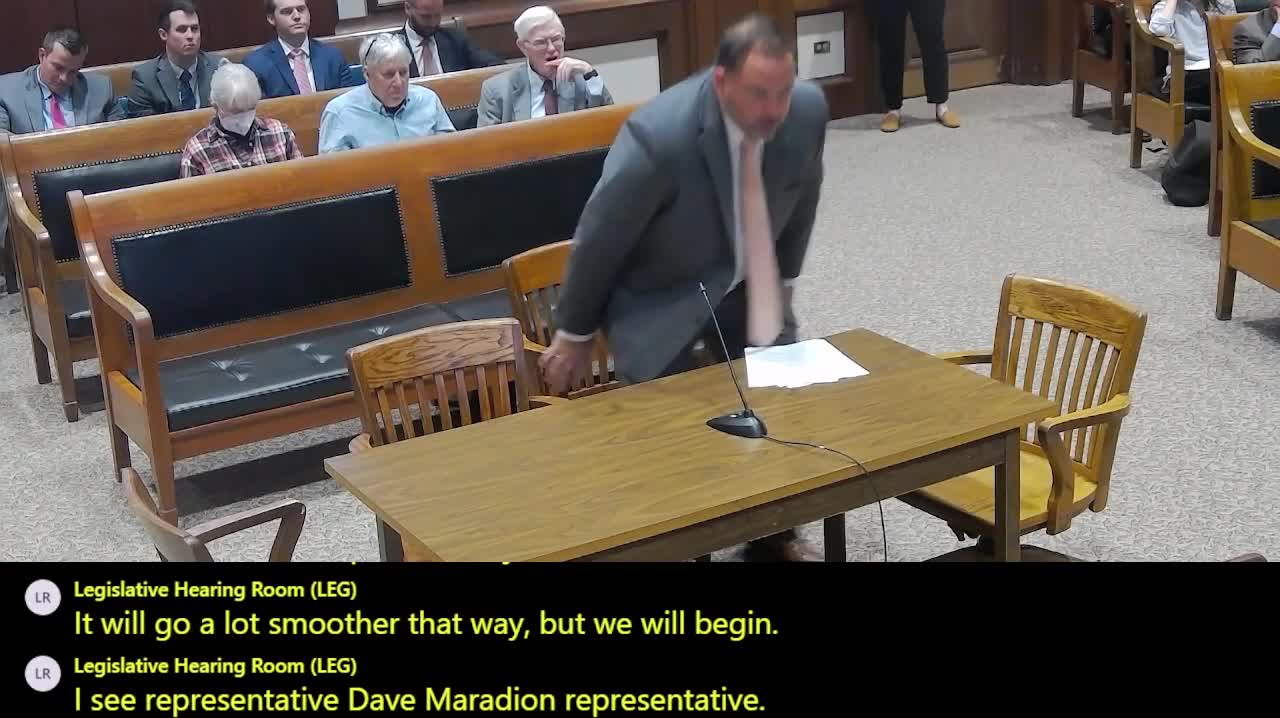
Dealers, municipal utilities and auto trade groups urge pause or flexibility on Massachusetts ZEV sales mandate
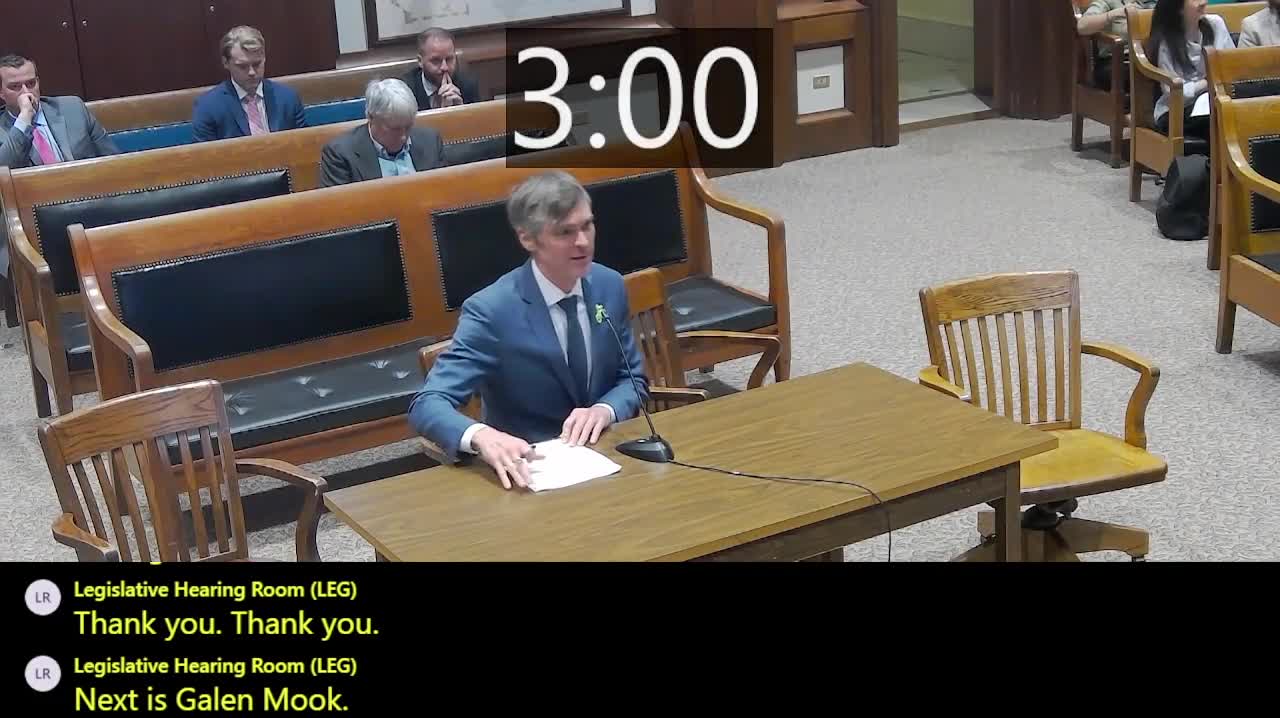
Advocates tell committee expanded access to electric bicycles can replace short car trips and widen mobility
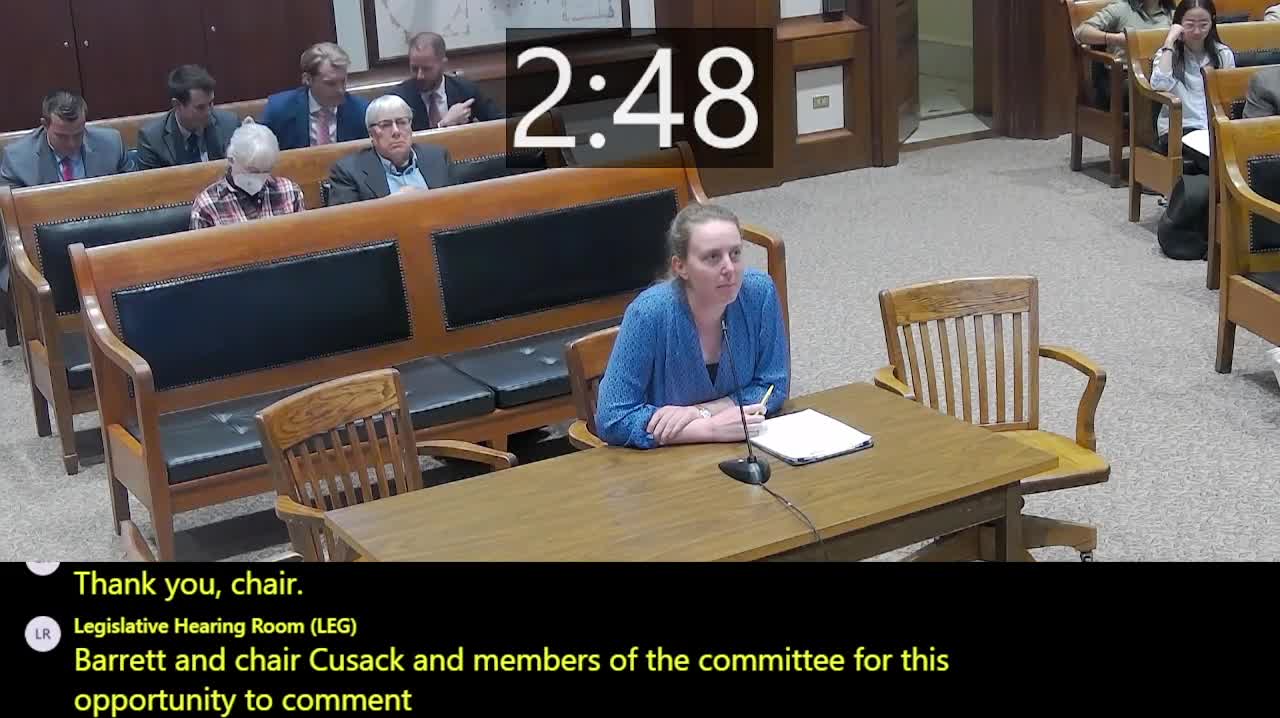
Advocates push deadlines and funding for public fleet and school bus electrification; charging companies offer depot solutions
